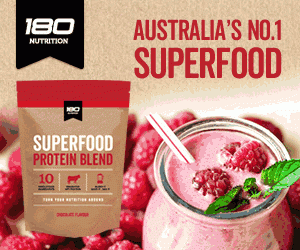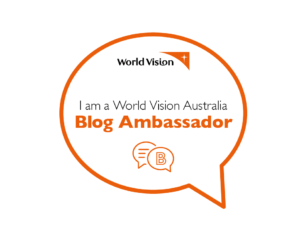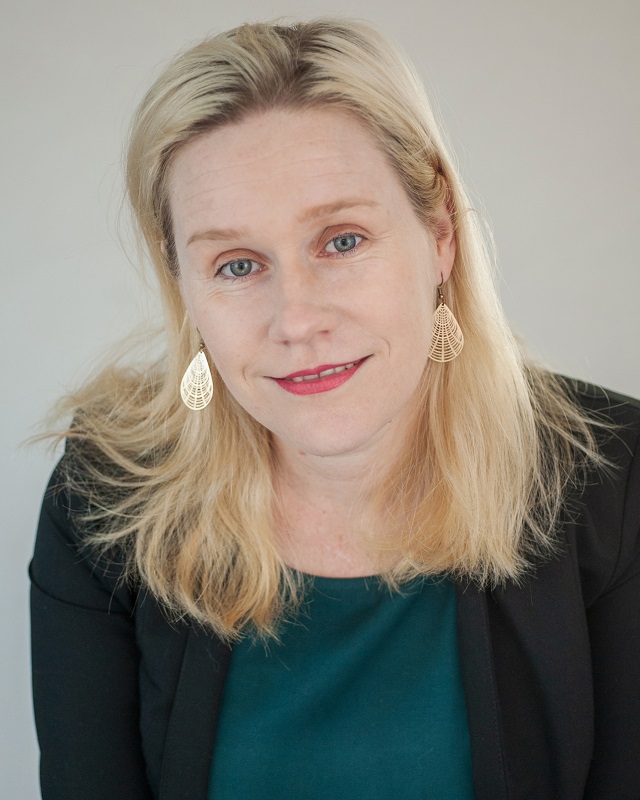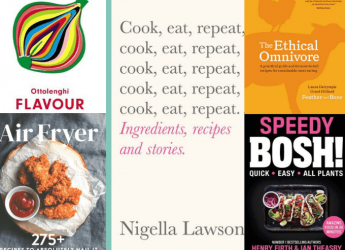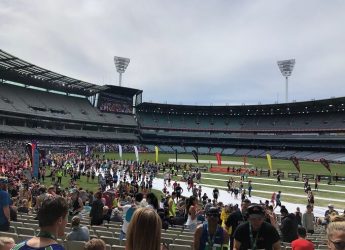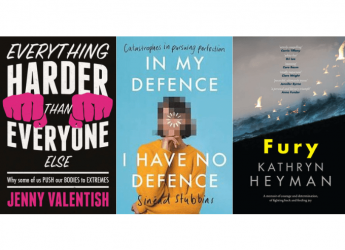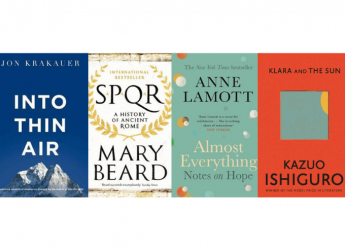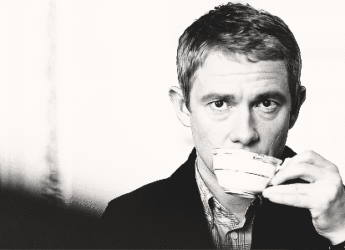This article was published in Coles Baby Magazine, Summer edition 2006/7. I happily breastfed both of my babies into their first year and wrote this piece because I felt information for parents regarding breastfeeding beyond the twelve month milestone was harder to come by.
Many children– almost one in four– are still being breastfed past their first year of infancy. Information abounds on breastfeeding the newborn, but what about the particular problems that mothers of older children face? Karen Andrews investigates.
Establishing breastfeeding can be difficult, but many women overcome early obstacles to discover the pleasures it can bring. Then, as the months pass, mothers often begin thinking about weaning their child completely from the breast. Often, they feel pressured to do so. But before they make the decision there are a few things worth considering.
The benefits of breastfeeding a newborn baby are long acknowledged and these benefits continue as the child grows. Dr Sarah Buckley, pregnancy, birth and mothering expert, believes that people often think of breastfeeding in quantative terms. Even if feeds are few in a day, she says, “We don’t appreciate the quality they (are) getting.” This includes the unique nutrients and antibodies only breastmilk can supply.
Research also shows that breastfed children ranging in ages from 1-2 years can receive 35-40% of their total energy needs from breast milk. This may be a relief for mothers of picky eaters, or for sick children, who may not be able to tolerate much solid food at a given time and need extra comforting.
Sadly, even with these advantages, some mothers are badgered with comments like ‘You’re still feeding?’ and ‘Come on, give yourself a break’. Angela, mother to Isobel, two, hasn’t experienced any direct criticism but has felt the sting of stereotyping. “There was a segment on one of the current affairs shows about a couple of mothers who breastfed their children until they were older (and) I noticed in the days after this there were quite a few conversations going on around me about how disgusting this was. (From this) I did feel self conscious. I hoped that these people didn’t think I was being disgusting…” However, I always remembered that if, “baby and mother are both happy and enjoying breastfeeding, why stop a good thing? I have found that so far breastfeeding has given my little girl something important at each stage of development, from nourishment to comfort, security and a safe place to return to from exploring her world”.
If mothers are on the receiving end of judgement or disapproval it is important at such times to receive support from partners, relatives and friends. There are a number of online forums and websites, including The Australian Breastfeeding Association, which has a number of books and articles available to help mothers (and fathers) make choices that are in the best interest for all concerned.
Sometimes complete weaning from the breast comes sooner than a mother would like; commonly in a subsequent pregnancy, when the milk supply can fail. At this time many mothers worry about maintaining their child’s calcium intake, especially if they refuse to drink milk in any other form. However if the child is enjoying yoghurt, cheeses, fish and certain vegetables then there shouldn’t be a problem (and remember that milk on cereal also counts). Always ask your GP or maternal health nurse if in doubt.
Weaning can be a sad time for a mother and whether the process comes at you– or your child’s– initiation, it may help to remember all those special moments you enjoyed together. No one can take those away. And if you decide to continue breastfeeding, may it remain being a rewarding experience.


